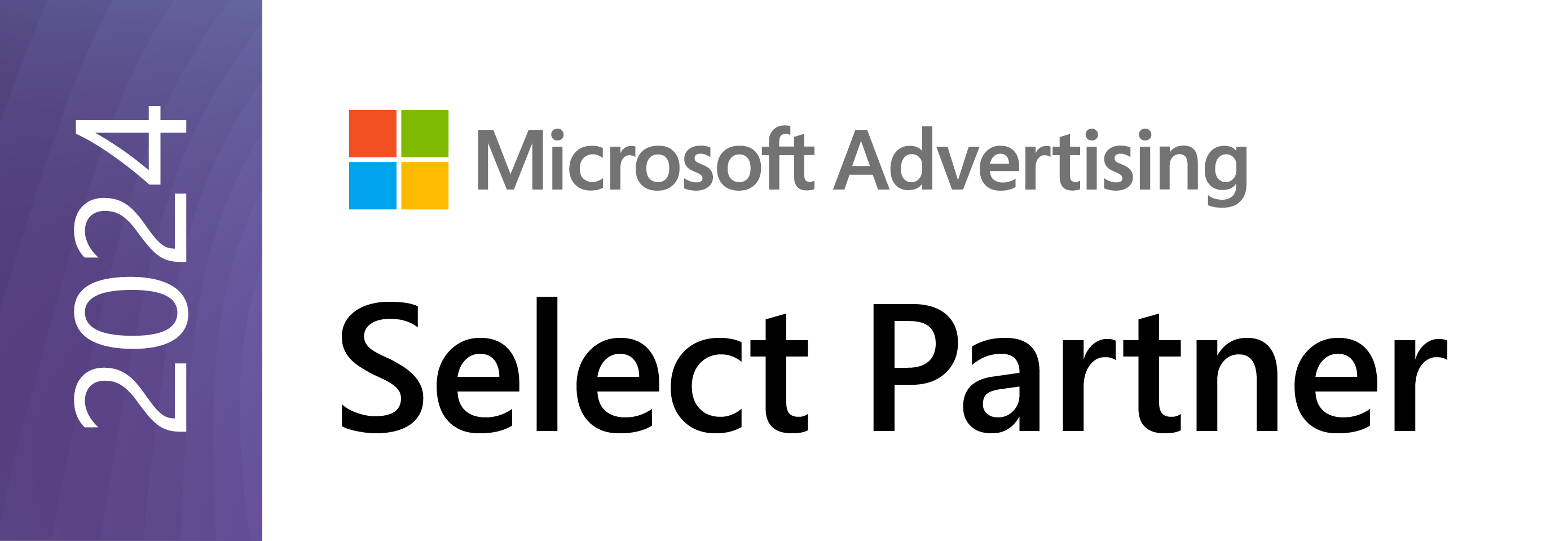
Avoiding Common Mistakes In Ppc Advertising
Key Takeaways
- Avoiding common PPC mistakes can significantly improve your advertising results.
- Regularly reviewing and optimizing PPC campaigns is crucial for success.
- Proper keyword selection and negative keyword use prevent wasted ad spend.
- Monitoring and adjusting bids can enhance your PPC advertising efficiency.
- Analyzing performance data helps refine strategies and achieve better outcomes.
Pay-per-click advertising can be an effective way to drive traffic and increase conversions, but it requires careful planning and execution. A common mistake in PPC advertising is overbidding on keywords. This can quickly deplete your budget without delivering significant returns. To avoid this, it’s essential to use analytical tools to identify keywords that offer the best return on investment and adjust bids accordingly. Another common error is choosing the wrong keywords. This mistake can severely impact your campaign’s effectiveness by attracting irrelevant traffic and wasting budget. Understanding your target market’s needs and avoiding overly competitive or inappropriate keywords is crucial for optimizing your PPC strategy.

Understanding The Basics Of PPC Advertising
Understanding PPC advertising involves recognizing it as a dynamic model where advertisers pay a fee each time their ad is clicked. This method allows businesses to gain visibility and attract potential customers efficiently by focusing on PPC pre-campaign essentials. Setting clear goals and objectives is crucial in PPC advertising to ensure campaigns align with business objectives and deliver measurable results. By understanding the basics, you can avoid common PPC mistakes and optimize your advertising efforts.
The current state of PPC advertising shows a trend towards more sophisticated targeting and personalization. As digital marketing evolves, so should your evolving PPC strategy. Platforms like Google frequently update their algorithms, requiring marketers to adapt their tactics while adhering to core principles. This evolution underscores the importance of staying informed and flexible to maintain a competitive edge in the market.
Effective paid advertising relies on setting clear goals, targeting the right audience, and crafting compelling ad copy. Optimizing landing pages is also essential to convert potential customers into actual buyers. These foundational principles ensure that your advertising efforts are focused and relevant, maximizing the return on investment. By understanding these basics, you can navigate the complexities of PPC advertising with confidence.
<img src="https://app.magicblog.ai/storage/docs/904441897_1749764561.jpg" alt="A graph showing a fluctuating line with a downward trend labeled " budget="" mismanagement"="" in="" a="" ppc="" campaign."="" width="100%">
Impact Of Budget Mismanagement On PPC Campaigns
Budget mismanagement can severely impact the effectiveness of PPC campaigns, often leading to wasted resources and diminished returns. When budgets are not properly allocated, it becomes challenging to track performance accurately and adjust bids based on return on investment. This can result in campaigns that focus on generating traffic rather than achieving meaningful conversions. For example, in the e-commerce industry, failing to set appropriate daily and campaign-level budgets can lead to overspending on low-intent keywords, which do not contribute significantly to sales.
One of the common PPC mistakes is not using bid caps effectively. Bid caps help in controlling costs by setting a maximum bid for keywords, ensuring that you do not overspend on clicks that may not convert. This strategy is crucial in PPC advertising, as it allows you to maintain control over your budget while optimizing for high-intent keywords that are more likely to result in conversions. Without bid caps, you risk depleting your budget quickly without seeing a proportional increase in ROI.
The click fraud effects are another factor that can drain your advertising budget. This occurs when bots or malicious actors generate fake clicks on your ads, skewing your campaign metrics and making it difficult to assess true performance. Implementing measures to detect and prevent click fraud is essential to protect your budget and ensure that your PPC campaigns are delivering genuine results. Without these safeguards, you may find that a significant portion of your budget is wasted on fraudulent activity.
Poor Google Ads management can also lead to hidden costs that impact your marketing ROI. Without dedicated expertise, campaigns may not deliver the desired results, leading to inefficient budget use. This can be particularly detrimental for businesses that rely heavily on PPC advertising for their marketing efforts. Ensuring that your campaigns are managed by knowledgeable local professionals can help mitigate these risks and improve overall campaign effectiveness.
By addressing these issues, you can enhance the efficiency of your PPC marketing strategies, ensuring that your budget is used effectively to achieve your advertising goals.
Optimizing Keyword Selection For Better ROI
Optimizing keyword selection is a critical step in enhancing the return on investment for your PPC campaigns. By looking at keyword selection through the lens of avoiding common mistakes in PPC advertising, you can significantly improve your campaign’s performance. The process begins with understanding your target audience and selecting keywords that align with their search intent. This strategic approach ensures that your ads reach the right people, ultimately leading to higher conversion rates.
Incorporating effective bidding strategies is another vital component. Optimizing these strategies involves selecting a bidding model that aligns with your campaign objectives and the performance data of your chosen keywords. This ensures optimal ad placement while managing costs effectively, thereby improving ROI. Incorporating bid adjustments for device, location, and audience type can further refine your approach, allowing for more precise budget allocation.
Leveraging machine learning algorithms can also enhance your PPC campaigns. Algorithms like Target CPA, ROAS, or Conversions analyze extensive data sets to automate and refine bidding strategies. This technology helps predict the best outcomes, ensuring that your PPC advertising efforts are both efficient and effective. By integrating these advanced tools, you can avoid common PPC mistakes and maximize your campaign’s success.
The Importance Of Ad Copy In PPC Success
Ad copy optimization plays a pivotal role in the success of PPC campaigns. Tracing its evolution from the early days of digital advertising, ad copy has transformed from simple text-based messages to sophisticated, targeted content that speaks directly to the audience’s needs and desires. Crafting compelling ad copy is not just about being clever; it’s about clarity and relevance. Every word should serve a purpose, driving conversions and enhancing click-through rates. By focusing on these elements, advertisers can significantly improve ad performance and ensure their campaigns are effective.
In the realm of PPC advertising, avoiding common mistakes is crucial. One of the most frequent errors is neglecting the importance of ad copy. Without well-optimized ad content, even the most strategically planned campaigns can falter. This is where understanding the Google Ads Quality Score becomes vital. A high Quality Score can lead to better ad placements and lower costs, directly impacting the return on investment. By aligning ad copy with defined campaign goals, advertisers can avoid wasting resources and ensure their efforts are aligned with desired outcomes.
Visualizing PPC Strategy As Building A Strong Foundation
Visualizing Your PPC Strategy as Building a Strong Foundation involves several critical components that ensure long-term success. A well-thought-out budget strategy, logical account structure, thorough pre-launch preparation, and a realistic timeline form the foundation of PPC advertising. These foundational aspects may not be the most exciting parts of PPC advertising, but they are essential for achieving sustainable success rather than temporary results.
To make the most of your PPC efforts, try focusing on the importance of creative assets. In PPC marketing, particularly for Meta ads, using scroll-stopping images or short-form videos can capture attention effectively. These visuals should be emotionally resonant or clearly explain the benefits of your services. Pair them with concise, compelling captions that reflect user motivation to enhance ad effectiveness.
Another practical tip is to utilize custom landing pages to maximize conversions. Tailoring these pages to align with specific ad content and user expectations can significantly improve conversion rates. By providing a seamless user experience, you ensure that visitors are more likely to engage and convert, thus avoiding common PPC mistakes.
Frequently Asked Questions
-
What are common PPC mistakes?
Common PPC mistakes include poor keyword selection, not setting a proper budget, and neglecting to track campaign performance. -
How can I improve my PPC advertising strategy?
You can improve your PPC advertising strategy by conducting thorough keyword research, setting clear goals, and regularly analyzing campaign data. -
Is it necessary to monitor PPC campaigns regularly?
Yes, regular monitoring is essential to adjust bids, refine keywords, and improve ad performance. -
What role does keyword selection play in PPC success?
Keyword selection is crucial as it determines the relevance of your ads to potential customers, impacting click-through rates and conversions.



